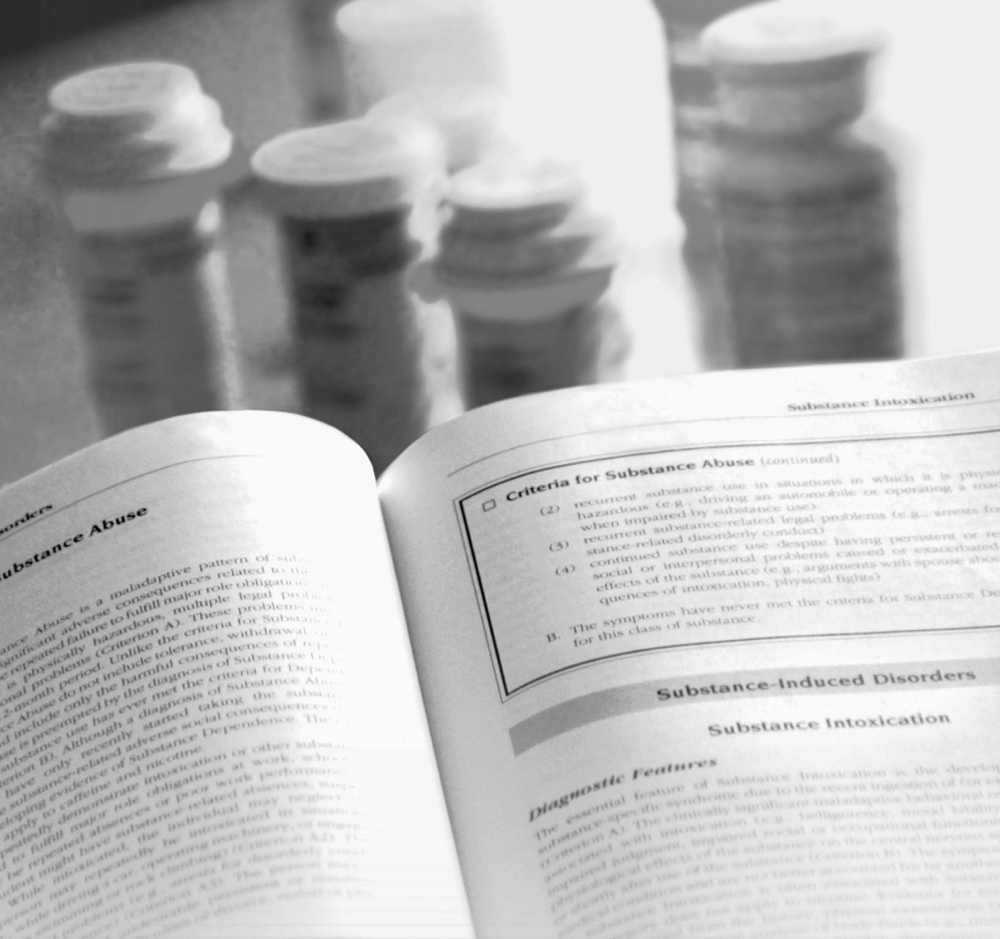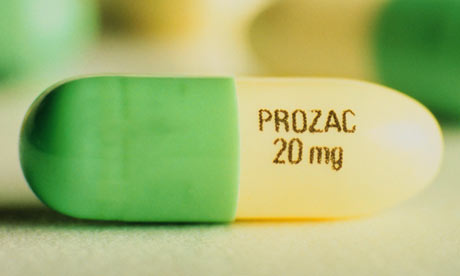
Bad Therapy: Something Is Rotten in the Psychology Profession
The Huffington Post – December 23, 2014 By Deborah Kory I first wrote about psychologists and torture for The Huffington Post back in 2007 when I was…


The Huffington Post – December 23, 2014 By Deborah Kory I first wrote about psychologists and torture for The Huffington Post back in 2007 when I was…

The “bible” of American psychiatry – a manual of mental health used around the world by doctors, consumers and insurance providers – has come under fire from a growing group of psychologists who worry that proposed revisions will feed into a culture of overdiagnosing, and overtreating, otherwise healthy people.
The Diagnostic and Statistical Manual of Mental Disorders, or the DSM, is undergoing its fifth major revision in the more than 60 years since it was first published by the American Psychiatric Association. The last update was in 1994, and the new manual is expected to be released in spring 2013.

For any mental illness or passing mood swing that may trouble a person, the Diagnostic and Statistical Manual of Mental Disorders — better known as the DSM — has a label and a code. Recurring bad dreams? That may be a Nightmare Disorder, or 307.47. Narcolepsy uses the same digits in a different order: 347.00. Fancy feather ticklers? That sounds like Fetishism, or 302.81. Then there’s the ultimate catch-all for vague sadness or uneasiness, General Anxiety Disorder, or 300.02. That’s a label almost everyone can lay claim to.Drug companies are particularly eager to win over faculty psychiatrists at prestigious academic medical centers. Called “key opinion leaders” (KOLs) by the industry, these are the people who through their writing and teaching influence how mental illness will be diagnosed and treated. They also publish much of the clinical research on drugs and, most importantly, largely determine the content of the DSM. In a sense, they are the best sales force the industry could have, and are worth every cent spent on them. Of the 170 contributors to the current version of the DSM (the DSM-IV-TR), almost all of whom would be described as KOLs, ninety-five had financial ties to drug companies, including all of the contributors to the sections on mood disorders and schizophrenia.

Ritalin and other psychotropic medication for children are a “quick fix” and the government should urgently review their use, psychologists have urged.
The Association of Educational Psychologists (AEP) fears there is insufficient data on the effects such drugs have on child development.

There’s a reason psychiatrists prescribe drugs rather than talking therapy: the latter makes no money for pharmaceutical firms. The New York Times recently led with a front-page splash about psychiatry’s propensity to prescribe pills, “Talk Doesn’t Pay, So Psychiatry Turns Instead to Drug Therapy”. That news is already widely known in the mental health field, but it has vast ramifications for Americans trying to maintain their sanity in our market-driven and medical system for delivering mental healthcare. What does the turn to drug therapy mean for the mass of Americans?